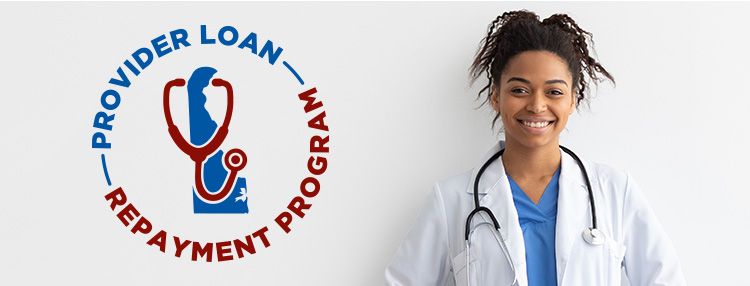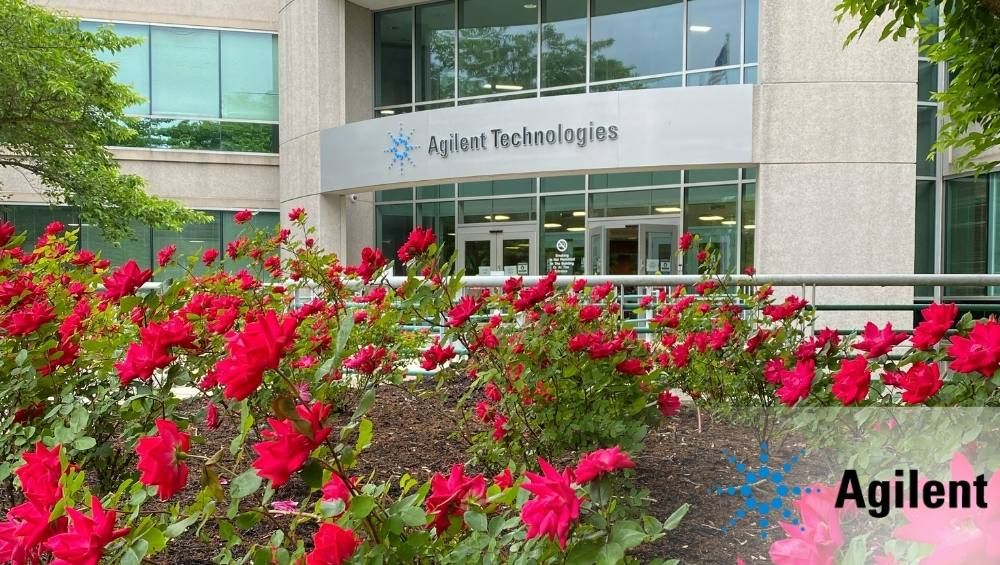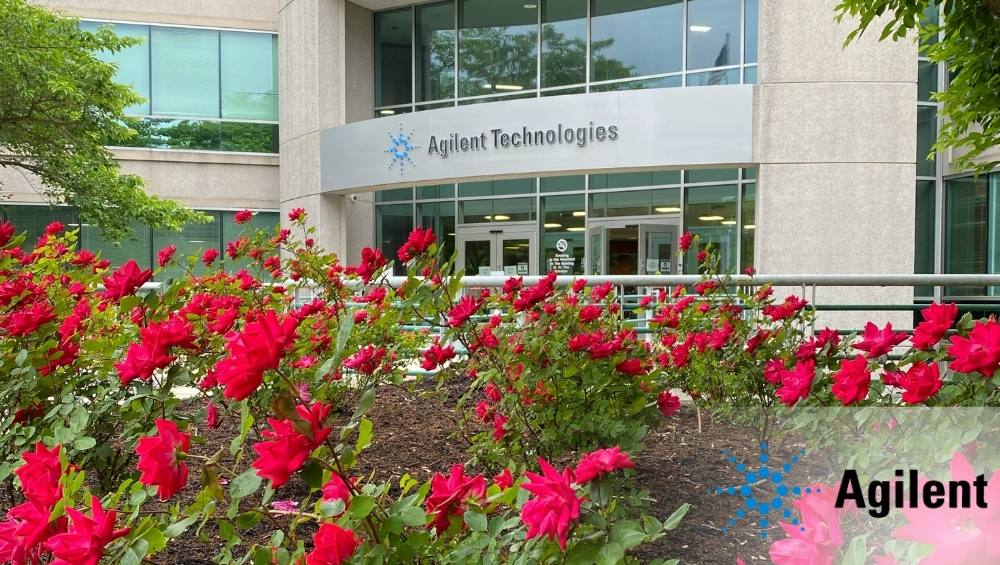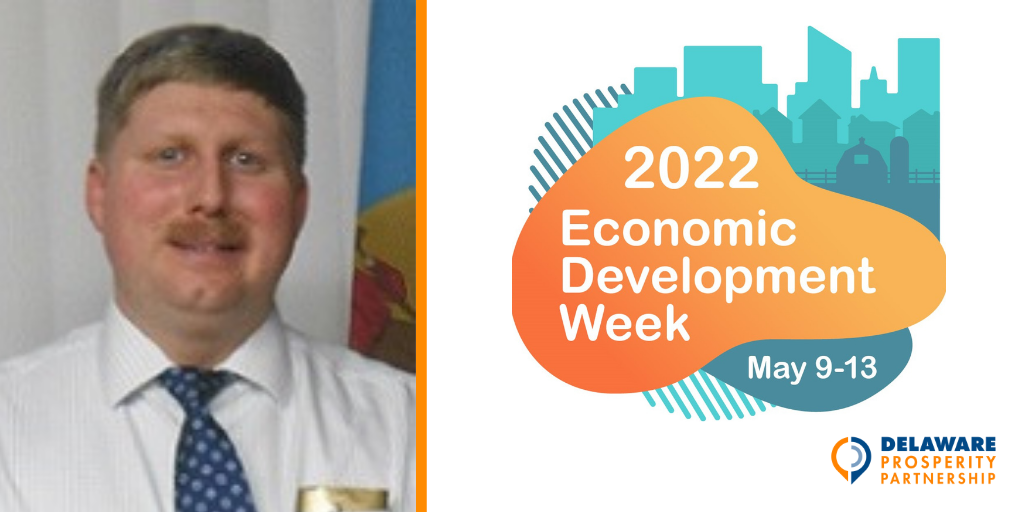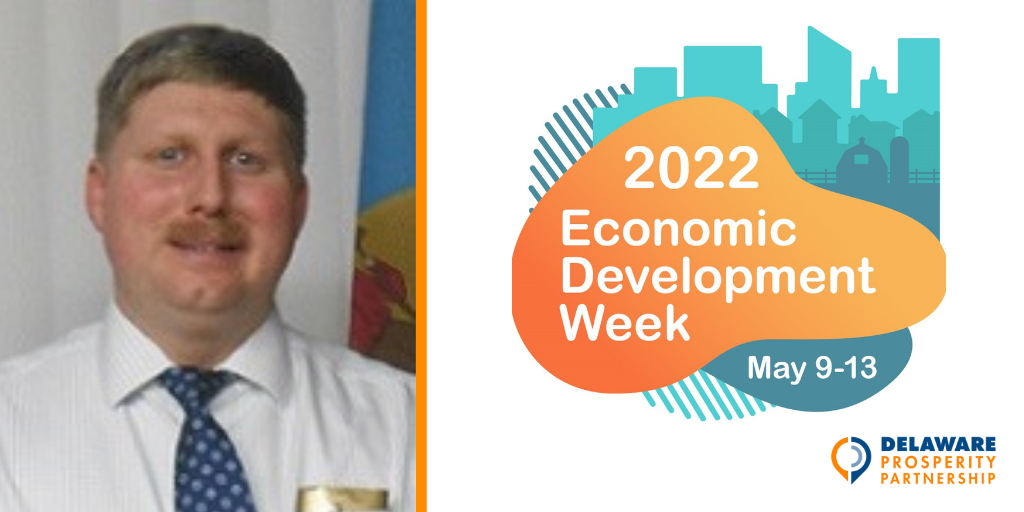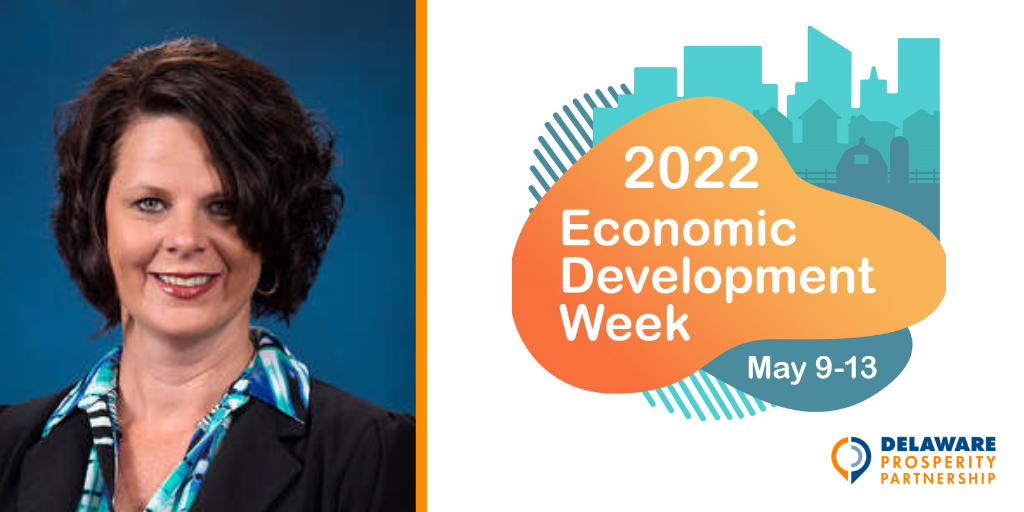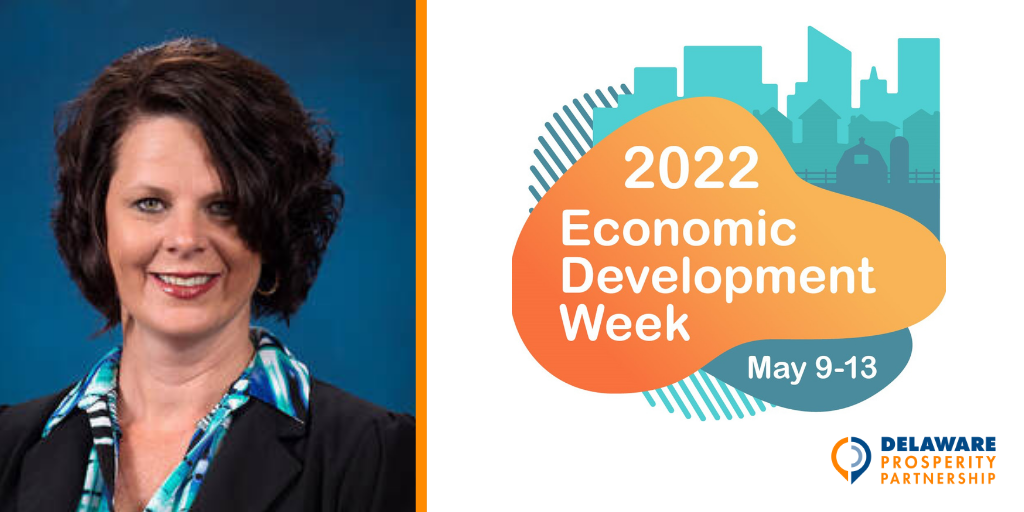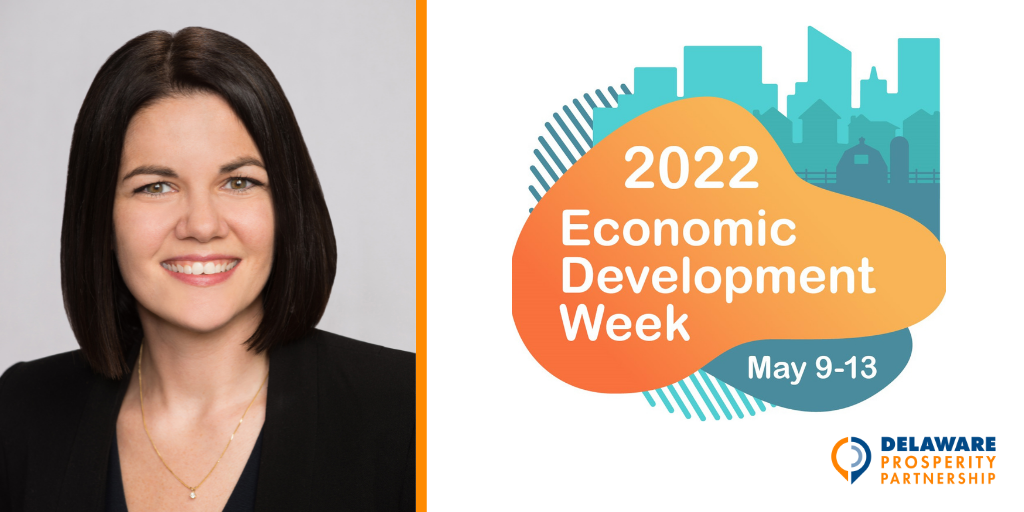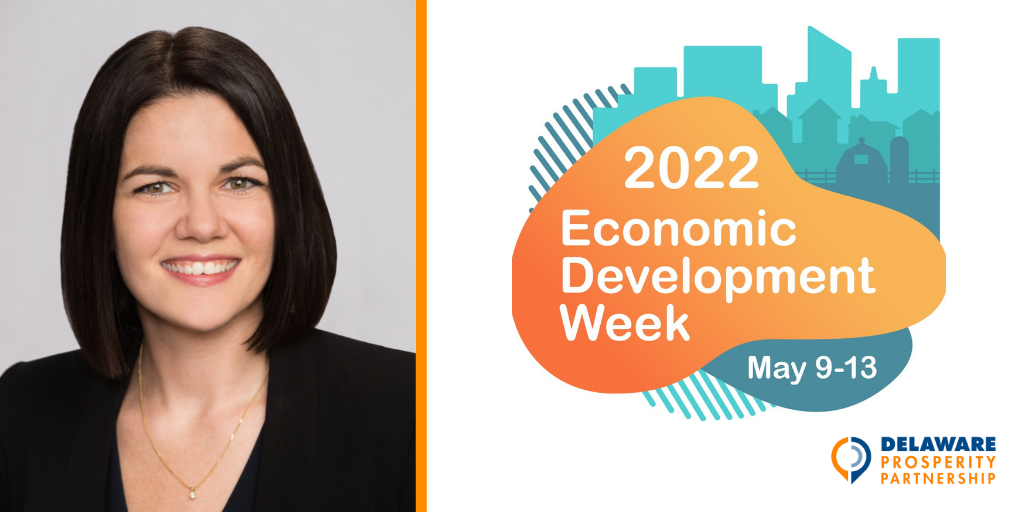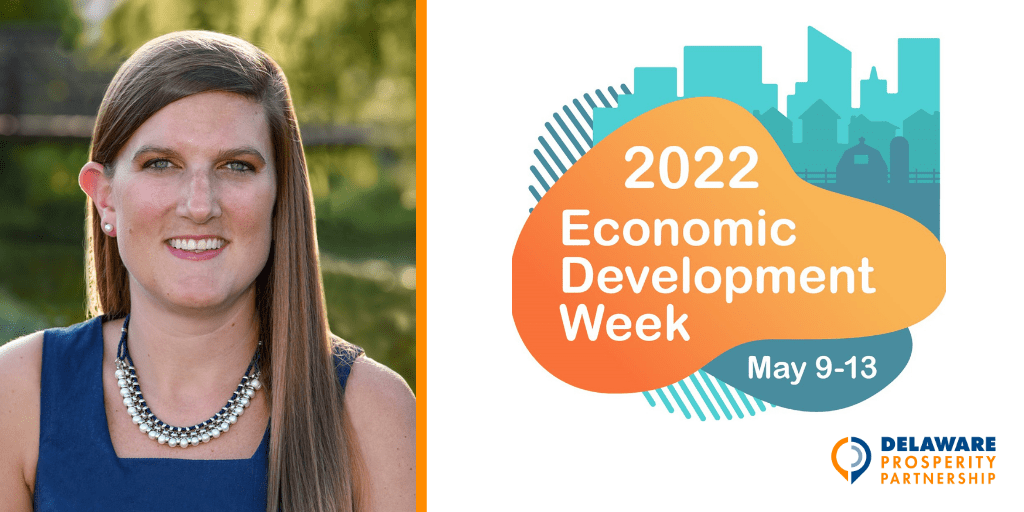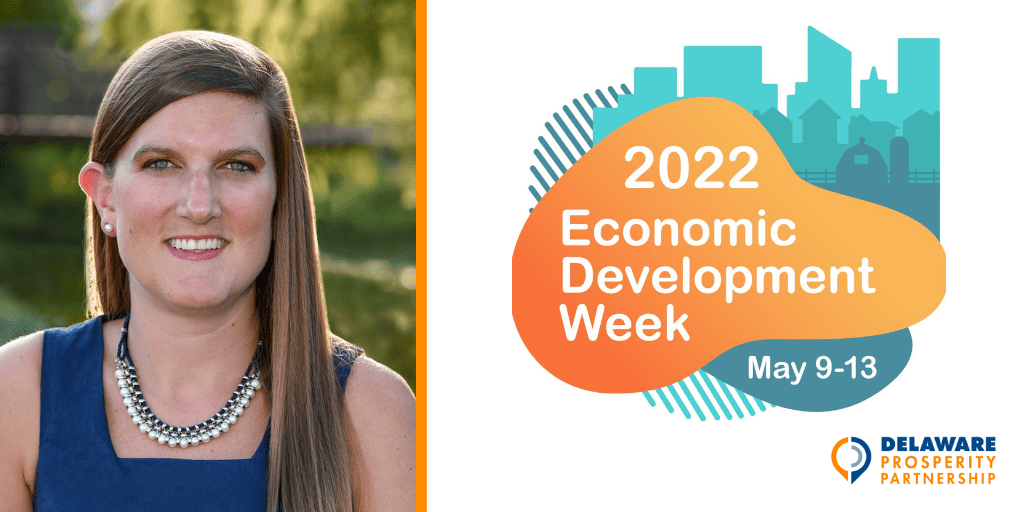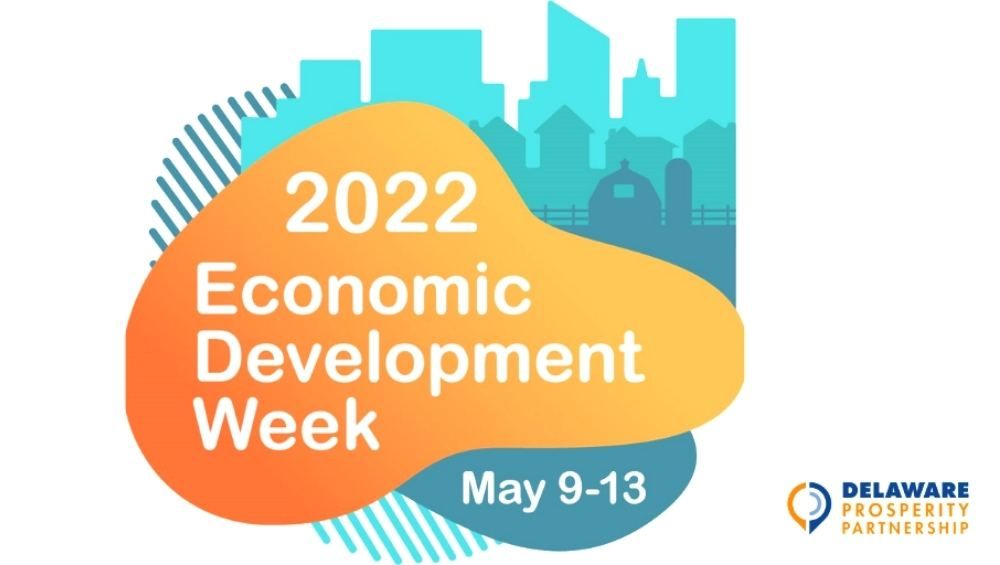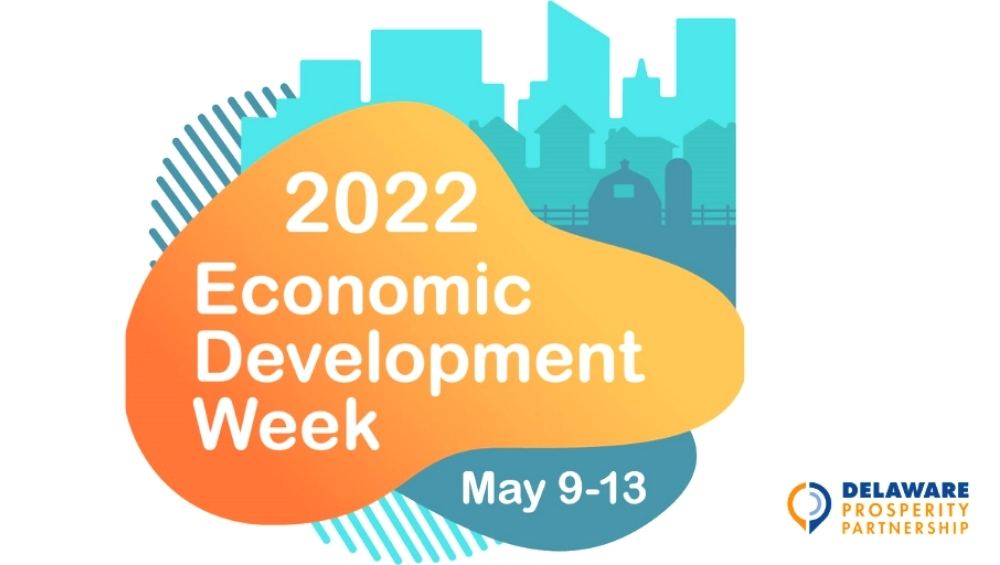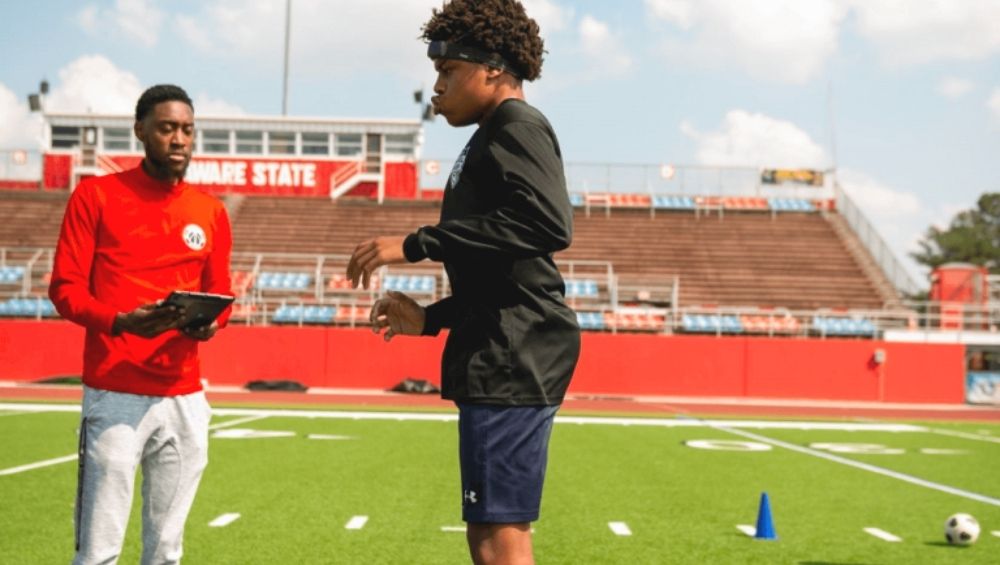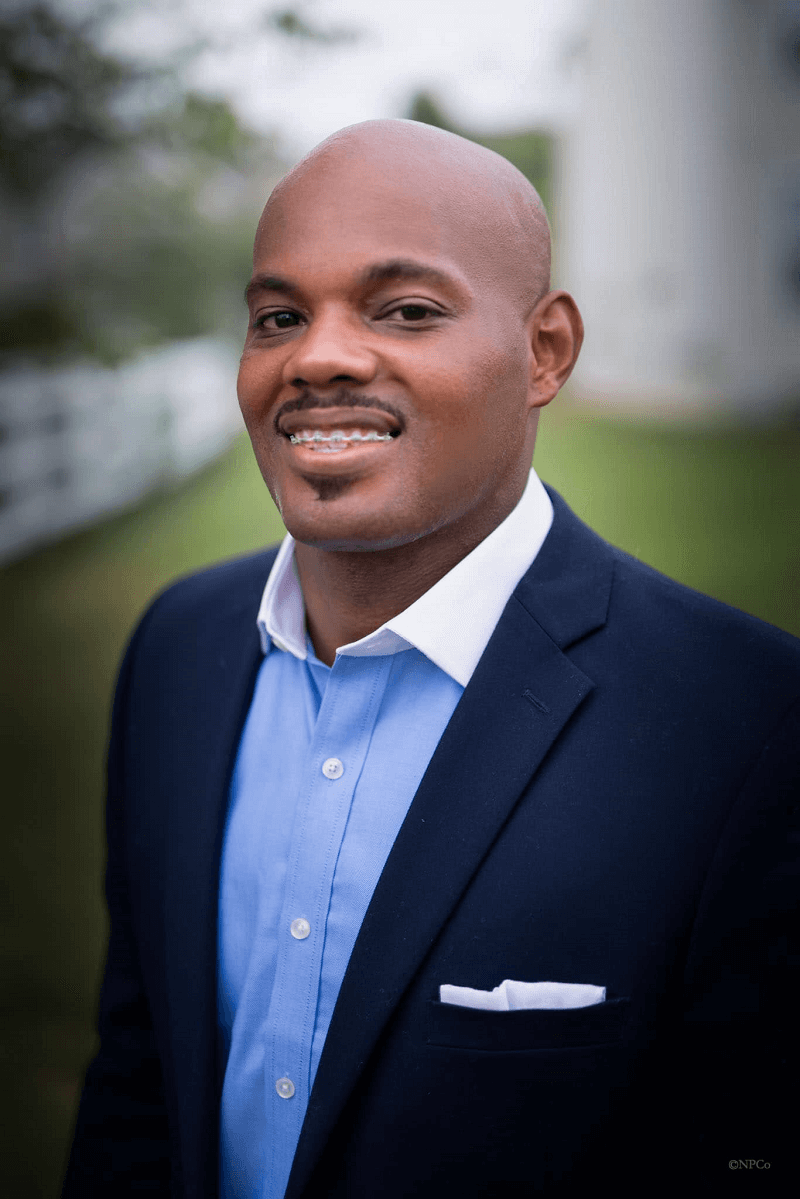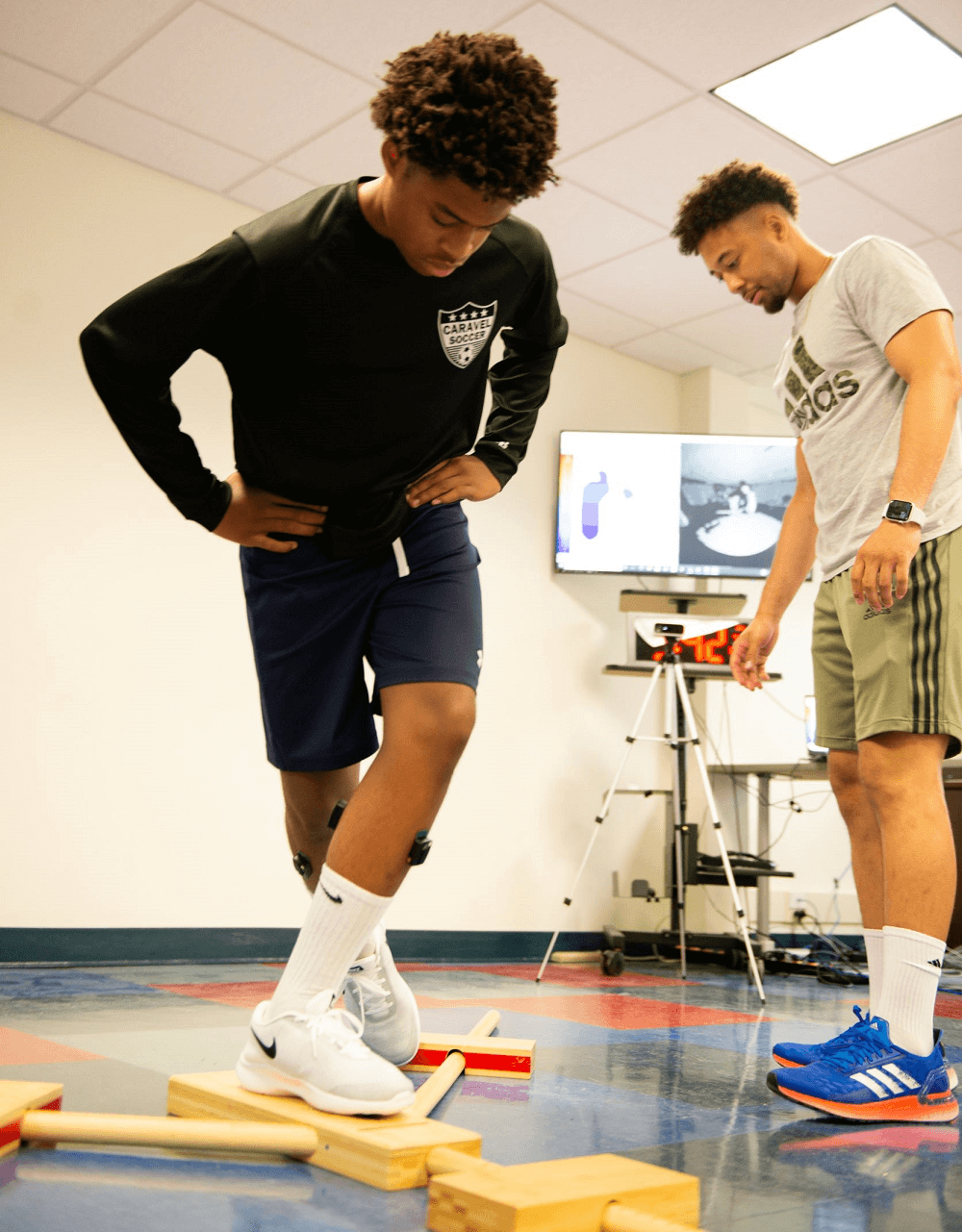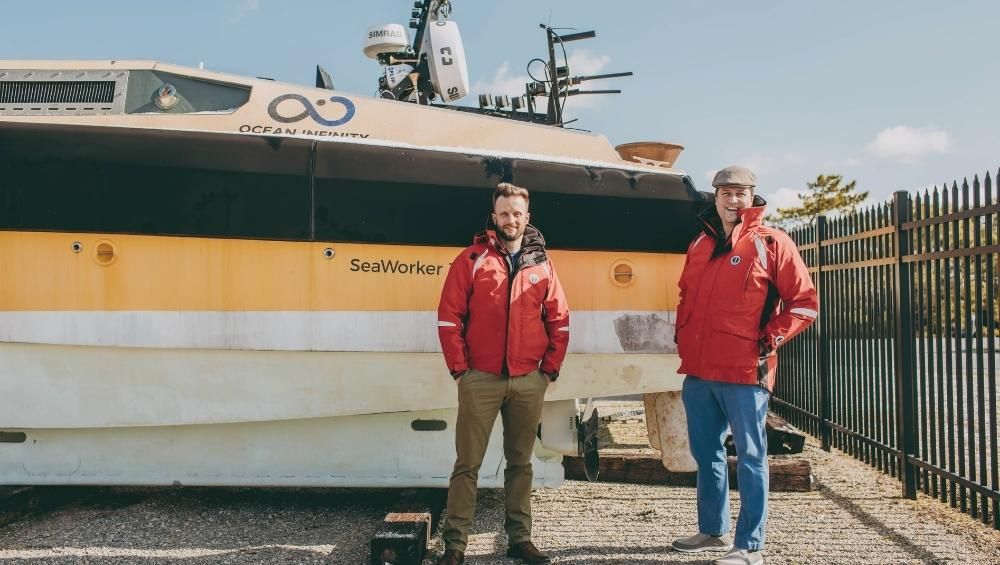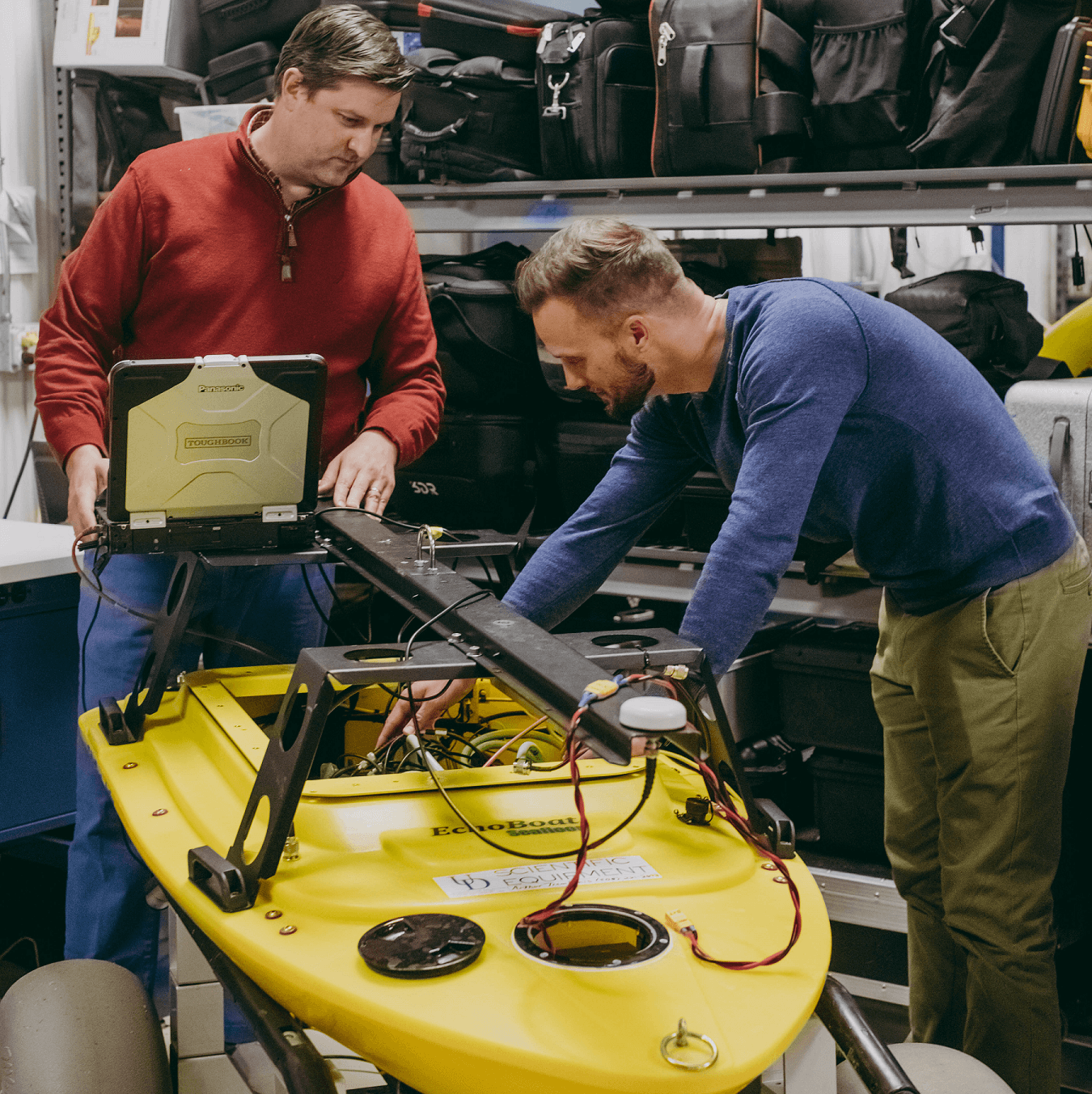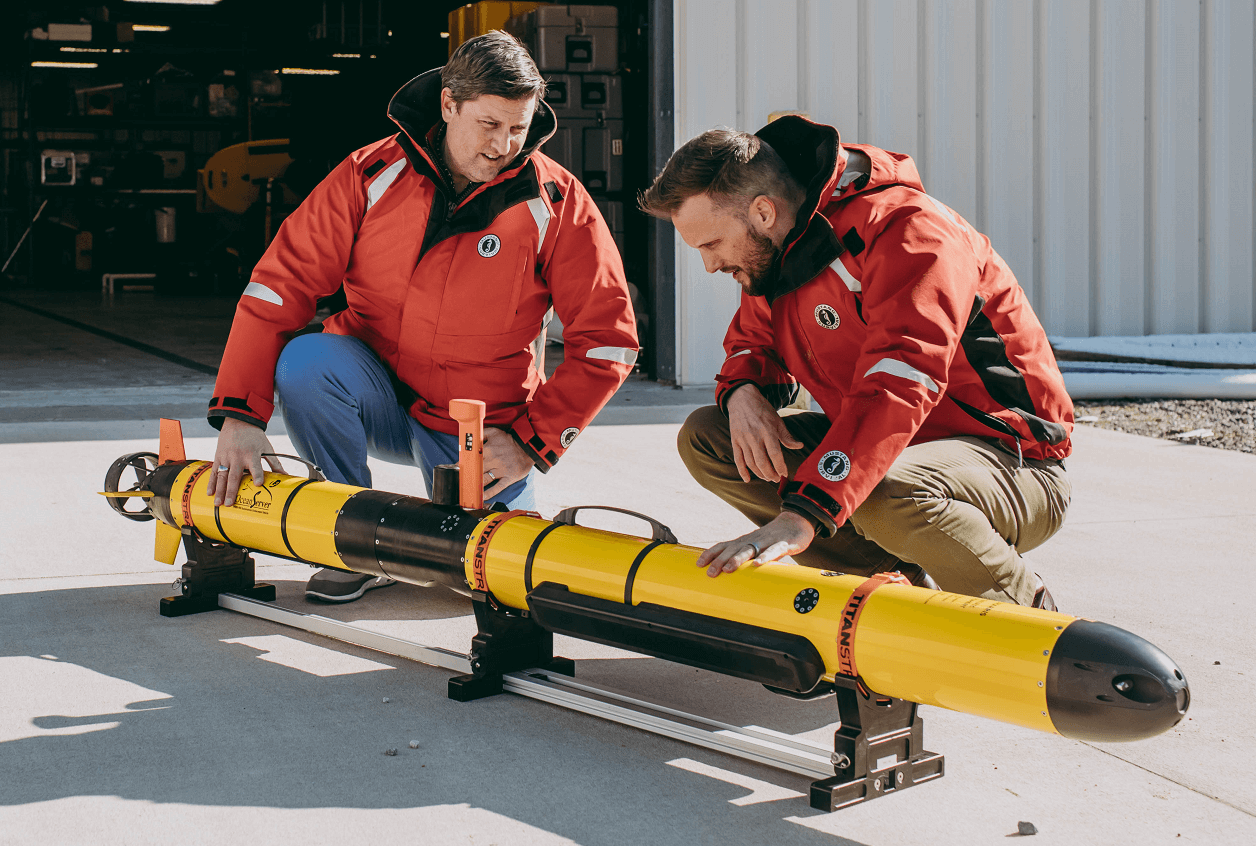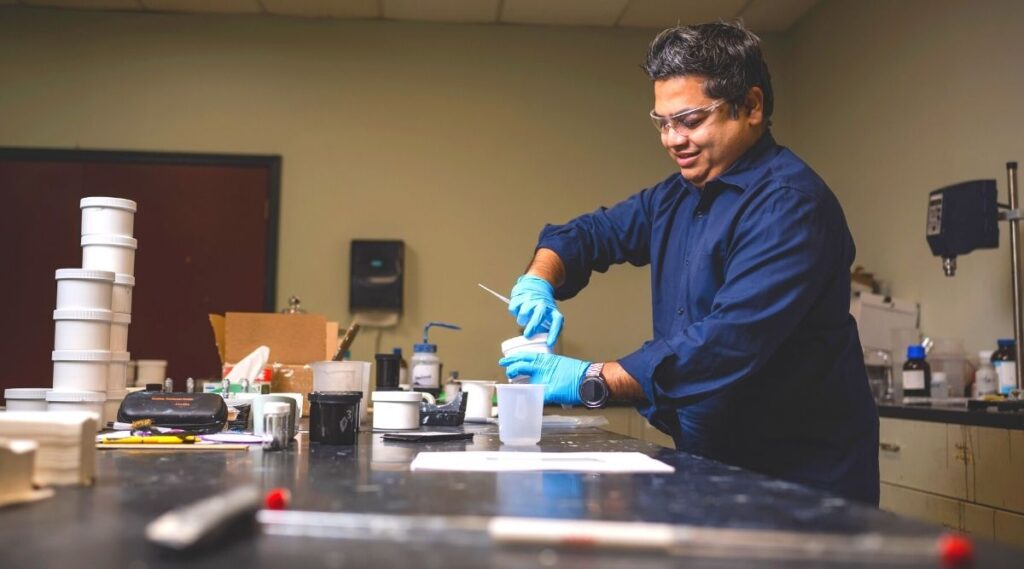12 Ventures Sharing $170K in Startup302 Funds
12 Ventures With Underrepresented Founders Share More Than $170,000 in STARTUP302 Grant Prizes
May 27, 2022 (WILMINGTON, Del.) – Twelve tech-enabled startups with at least one team member from an underrepresented demographic are sharing more than $170,000 in funding from Delaware’s second Startup302 competition, which was organized by Delaware Prosperity Partnership (DPP) and local partners.
The 12 finalists competed in four primary categories and represented multiple industries in the final pitching round on May 25. The funding contest launched in February and attracted 125 overall competitors from throughout Delaware, the Philadelphia region, the United States and countries including Canada, Brazil, Colombia, Italy, Nigeria, Uganda and Bangladesh.
As part of its mission, DPP supports Delaware’s efforts to build a stronger entrepreneurial and innovation ecosystem throughout the state, the region and beyond. DPP and its partners also aim to advance a culture of innovation in Delaware.
Working with innovators and startups, DPP spotlights and celebrates their successes and connects them with the resources they need to succeed. According to DPP Director of Innovation Noah Olson, who coordinated the competition, Startup302 was created to do all of those things while focusing attention and funding toward groups typically underrepresented and underfunded in the startup arena.
2022 Winners of Startup302 Grant Prizes
New this year, all of the finalists in each category received a monetary award. These winning ventures are as follows:
- ChemTech (Sponsored by The Innovation Space, DuPont and Delaware Prosperity Partnership)
- 1st: Carbon Reform of Wilmington, Delaware – $15,000 plus Delaware Innovator Bonus of $11,250
- 2nd: Globally Unified Air Quality (GUAQ) of Washington, D.C. – $10,000
- 3rd: Muse Engine of New Orleans – $5,000
- Open Innovation (Sponsored by Discover and JPMorgan Chase & Co.)
- 1st: BestFit Inc. of New York City – $20,000
- 2nd: OmniPotential Energy of Wilmington, Delaware – $10,000 plus Delaware Innovator Bonus of $7,500
- 3rd: PodPal of Atlanta – $5,000
- Early Stage (Sponsored by First Founders, Delaware State University, JPMorgan Chase & Co. and Delaware Prosperity Partnership)
- 1st: Feather Health of Cambridge, Massachusetts – $8,500
- 2nd: Tylmen Tech of Chicago – $4,000
- 3rd: Empact Data Solutions of Philadelphia – $2,500
- Life Sciences (Sponsored by FMC, Highmark Delaware, Labware, Delaware BioScience Association and ChristianaCare)
- 1st: Resonate Forward of Newark, Delaware – $25,000 plus Delaware Innovator Bonus of $18,250
- 2nd: PopCheck Technologies of Memphis, Tennessee – $10,000
- 3rd: BioCurie of Wilmington, Delaware – $5,000 plus Delaware Innovator Bonus of $3,750
All finalists with University of Delaware-affiliated founders also were considered for the Blue Hen Prize, which was sponsored by Horn Entrepreneurship at the University of Delaware. Winners were as follows:
-
- 1st: Carbon Reform – $12,500
- 2nd: Resonate Forward – $7,500
- 3rd: OmniPotential Energy – $5,000
“These founders, while ‘underrepresented’ statistically, are poised to be another generation of business leaders, both in Delaware and beyond,” Olson said. “It’s an honor to play a small role in supporting their growth along the way.”
Joining Olson as principal coordinators of the event were Garry Johnson III, founder and executive director of First Founders Inc., and Mike Rinkunas, associate director, Commercialization Programs, at Horn Entrepreneurship.
The Startup302 finals were conducted virtually. Dr. Michael Casson, dean of the Delaware State University College of Business, delivered the event keynote, and Johnson and Mac Conwell, managing partner at RareBreed Ventures, held a fireside chat.
Also part of the program were educational sessions for the competitors. These included “Prospecting for Investors,” led by Andrew Ackerman of Dreamit Ventures; “Team Building,” led by Troy C. Farmer of the Garage Maker Space at Delaware State University; “IP Considerations from a Business Perspective,” led by Gordon McGregor of Horn Entrepreneurship; and “Value Pricing,” led by Dora Cheatham of the Delaware Sustainable Chemistry Alliance.
In addition to Rinkunas, judges for Startup302 included Crystal Callahan, venture capitalist and mentor; Myungee Geerts, Geerts Advisory; Ariel Gruswitz, Facility Logix; Denita Henderson, Delaware Small Business Development Center; Dina Hollingsworth, Highmark Delaware; Frank Klemmens, Big Idea Ventures; James Massaquoi, Osage Venture Partners; Regina Mitchell, Delaware Division of Small Business; Pedro Moore, entrepreneur and venture capital analyst and advisor; Sara Olson, FMC Ventures; Peter Payne, Labware; Jac Rivers, JPMorgan Chase & Co.; Jae Sly, investor and Delaware Bioscience Association Board; Dr. Rani Singh-Patel, ChristianaCare; Tamara Smith, JPMorgan Chase & Co.; Deb Travers, The Innovation Space; Amy Walls, Discover; Shavonne White, Delaware Office of Supplier Diversity; and Joe Zilcosky, Delaware Division of Small Business.
Additional Startup302 organizers and supporters included Alysse Bortolotto and the New Castle County Chamber of Commerce, Lillie Crawford and DSU’s Delaware Center for Enterprise Development, Dan Freeman of Horn Entrepreneurship, the Delaware Sustainable Chemistry Alliance, the Delaware Small Business Development Center, the State of Delaware, the Delaware Division of Small Business and the Office of New Castle County Executive Matt Meyer.
“Our community coming together to organize, fund and host an event like Startup302,” Olson said, “is a testament to the nature of doing business in Delaware.”
###
About Delaware Prosperity Partnership
Delaware Prosperity Partnership leads Delaware’s economic development efforts to attract, grow and retain businesses; to build a stronger entrepreneurial and innovation ecosystem, and to support employers in place marketing Delaware to potential employees via livelovedelaware.com. The DPP team works with site selectors, executives and developers focused on where to locate or grow a business and helps with reviewing potential sites, cost-of-living analyses and funding opportunities, including available tax credits and incentives. DPP advances a culture of innovation in Delaware, working with innovators and startups to spotlight and celebrate successes and connect them with the resources they need to succeed. DPP and its partnerships throughout Delaware support and advance the missions of companies of all sizes and sectors.
Newsletter Sign Up
Stay Up To Date With Delaware

